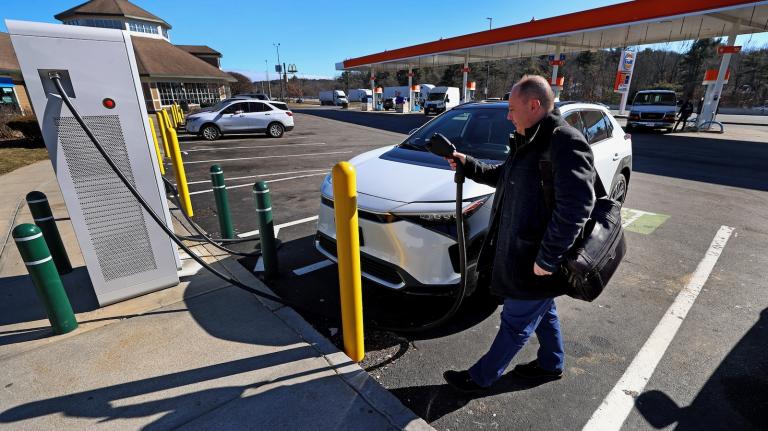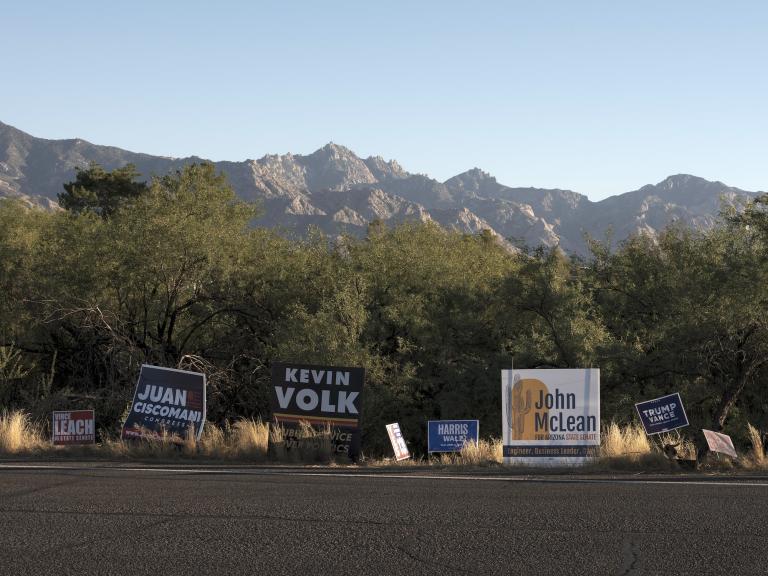In 1989, the Berlin Wall came down and the Iron Curtain came up, signaling the end of the Cold War, the fall of communism — and a new era for the environment in Central and Eastern Europe. Popular belief holds that the curtain rose to reveal a bleak landscape of environmental degradation wrought by unchecked industrial activity. In many cases, that was true. On the other hand, the constraints of communism — limited freedom of motion, economic stagnation, and the chronic lack of goods — kept certain environmental problems at bay. In the last decade or so, that’s all changed: Although air and water quality have dramatically improved in the former communist bloc, a rapid rise in consumerism now threatens the environment. Environmentalists in the region are watching in dismay as malls, sprawling housing developments, and SUVs become ever more common. They say preaching sustainable lifestyles and anti-consumer messages to a people long deprived of basic goods is proving to be an uphill battle.

